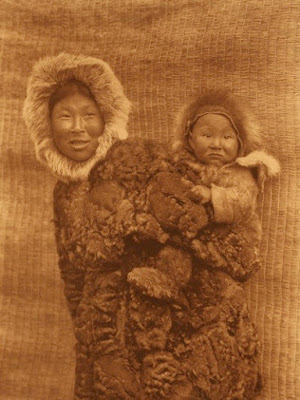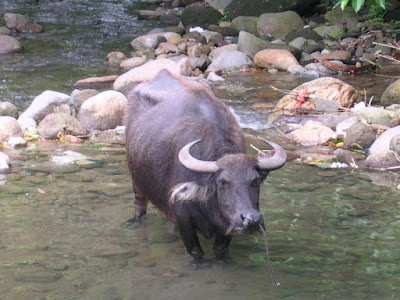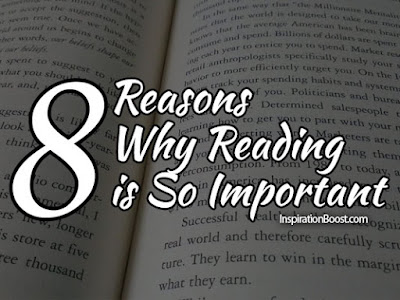Reading Notes: Native American Hero Tales, Reading A
Among many Native American folk tales, these Hero tales really caught my attention.
The beginning of the story really shocked me because it violated my stereotypical perception of "peaceful" Native Americans: "In a village lived a man, known to his neighbors as 'Unnatural Uncle.' When his nephews became a few years old, he would kill them. Two had already suffered death at his hands." It shocked me that an uncle could mercilessly kill his nephews when they were still babies. I've learned in classes that Native American culture values family and kinship, but this uncle really was an outlier.
It's interesting that the cruel Unnatural Uncle wouldn't kill the girls. It was also interesting to read about the unusual upbringing of the boy whose life was saved by disguising as a girl.
Then there is the suspense and anger. The boy, although he had been acting well like a girl, but was eventually discovered when his body was exposed to Unnatural Uncle.
"Oh, no! There is better wood farther on." I felt like this behavior of Unnatural Uncle is very suspicious because he was basically bringing his nephew deep into the woods.
The nephew was prepared and very clever to use his tool: "At last he thought of his sour cranberry and, taking it in his hand, he rubbed with it the interior of the log from edge to edge. The sourness of the berry caused the log to open its mouth, thus freeing him."
The nephew was also a good son who knew how to comfort his parents and family who were worried that he might get killed.
"Oh, no! There are better ducks and eggs farther on." This cruel and crooked uncle used the same tactic to fool and kill his nephew.
Nevertheless, the nephew cleverly escaped the danger: "After gathering all the ducks and eggs he wanted, he ascended by holding up the down, as before, and blowing under it."
I love the nephew's surprising confidence and faith in himself: "Didn't I say I would come back? He can take me to no place from which I cannot come back." I thought it was perhaps his confidence that saved him from several cruel murder attempts from Unnatural Uncle.
I know eagle has a special prominence in Native American culture, and it's reflected in this story as well: "He was in turn surprised to see two such beautiful girls, the large village, the numerous people, and their peculiar appearance, for he was among the Eagle people in Eagle land." The nephew must have been fascinated by the surprise appearances of the creatures.
I thought the nephew's sufferings paid out well in the end: "The girls, being the daughters of the village chief, led the boy to their father, each claiming him."
This is a very powerful revenge to the crooked, evil Unnatural Uncle by the nephew: "I could have forgiven you the death of my brothers, the four attempts on my life, but for the cruel treatment of my parents you shall pay. The whale I brought was for my parents and others, and not for you alone, but you took entire possession of it, and would not allow them even to approach it. I will not kill you without giving you a chance for your life. Swim back to the shore, and you shall be spared."
It was very interesting to read about this fascinating Native American hero story. In the end, the hero was obviously the brave and clever nephew who survived despite several life-threatening murder attempts.
Bibliography:
Tales of the North American Indians by Stith Thompson (1929).
The beginning of the story really shocked me because it violated my stereotypical perception of "peaceful" Native Americans: "In a village lived a man, known to his neighbors as 'Unnatural Uncle.' When his nephews became a few years old, he would kill them. Two had already suffered death at his hands." It shocked me that an uncle could mercilessly kill his nephews when they were still babies. I've learned in classes that Native American culture values family and kinship, but this uncle really was an outlier.
It's interesting that the cruel Unnatural Uncle wouldn't kill the girls. It was also interesting to read about the unusual upbringing of the boy whose life was saved by disguising as a girl.
Then there is the suspense and anger. The boy, although he had been acting well like a girl, but was eventually discovered when his body was exposed to Unnatural Uncle.
"Oh, no! There is better wood farther on." I felt like this behavior of Unnatural Uncle is very suspicious because he was basically bringing his nephew deep into the woods.
The nephew was prepared and very clever to use his tool: "At last he thought of his sour cranberry and, taking it in his hand, he rubbed with it the interior of the log from edge to edge. The sourness of the berry caused the log to open its mouth, thus freeing him."
The nephew was also a good son who knew how to comfort his parents and family who were worried that he might get killed.
"Oh, no! There are better ducks and eggs farther on." This cruel and crooked uncle used the same tactic to fool and kill his nephew.
Nevertheless, the nephew cleverly escaped the danger: "After gathering all the ducks and eggs he wanted, he ascended by holding up the down, as before, and blowing under it."
I love the nephew's surprising confidence and faith in himself: "Didn't I say I would come back? He can take me to no place from which I cannot come back." I thought it was perhaps his confidence that saved him from several cruel murder attempts from Unnatural Uncle.
I know eagle has a special prominence in Native American culture, and it's reflected in this story as well: "He was in turn surprised to see two such beautiful girls, the large village, the numerous people, and their peculiar appearance, for he was among the Eagle people in Eagle land." The nephew must have been fascinated by the surprise appearances of the creatures.
I thought the nephew's sufferings paid out well in the end: "The girls, being the daughters of the village chief, led the boy to their father, each claiming him."
This is a very powerful revenge to the crooked, evil Unnatural Uncle by the nephew: "I could have forgiven you the death of my brothers, the four attempts on my life, but for the cruel treatment of my parents you shall pay. The whale I brought was for my parents and others, and not for you alone, but you took entire possession of it, and would not allow them even to approach it. I will not kill you without giving you a chance for your life. Swim back to the shore, and you shall be spared."
It was very interesting to read about this fascinating Native American hero story. In the end, the hero was obviously the brave and clever nephew who survived despite several life-threatening murder attempts.
Picture of Yupik mother and her child. Source: Yupik mother and child
Bibliography:
Tales of the North American Indians by Stith Thompson (1929).




Comments
Post a Comment